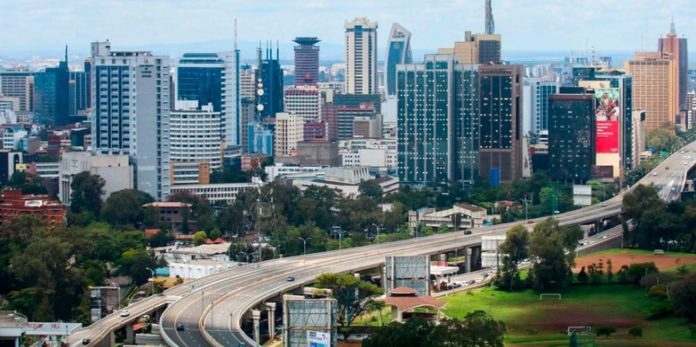Kenya is set to overtake Ethiopia as East Africa’s largest economy, the International Monetary Fund (IMF) has said in new projections for the year 2025.
According to the IMF projections, Kenya’s GDP is forecasted to increase to $132 billion in 2025, surpassing Ethiopia’s $117 billion.
The projections come in the wake of the devaluation of the Ethiopian currency birr. The currency tanked in July 2024 after the government reversed its long-standing policy of fixing the exchange rate in a bid to secure a loan of $10.7bn from the IMF and the World Bank.
This policy reversal resulted in an immediate fall of 30 percent against the US dollar. The currency then went on to dip by up to 55 percent against the dollar. The IMF had also set the condition that Ethiopia must allow its currency to float before releasing a bailout and restructuring external debts of around $28bn.
In contrast, the IMF ranked the Kenyan currency as one of the best performing globally after it appreciated by around 21 percent as at November 2024. In that month, funds from the IMF coupled with US dollar purchases pushed the official foreign reserves at the Central Bank of Kenya to a four-year-high of $9.323 billion.
The projections by the IMF indicate that Kenya will overtake Ethiopia not by the virtue of Kenya’s economy strengthening beyond Ethiopia’s 2023 levels, but rathe on account of Ethiopia’s weakened economy.
In 2022, the IMF had projected that the Ethiopia’s economy would overtake Kenya’s economy and Angola to become the third largest economy in Sub-Saharan Africa. By the first quarter of 2023, the IMF projections showed that Ethiopia’s GDP in 2023 would rise from $126 billion to $156.1 billion whereas Kenya’s GDP was projected at $118.1 billion.
The IMF projections at the time showed that Ethiopia would keep stretching this lead all the way until year 2028.
Central Bank of Kenya to slap banks keeping cost of loans high with daily fines
According to projections by the World Bank, Kenya’s growth is estimated to stay on the 4.9 percent average within the 2025 to 2027 period. The World Bank attributes this to an “ease in inflation, accommodative monetary policy, and a pickup in credit growth that should support household and business incomes, driving private consumption and investment.”
According to figures from the Central Bank, Kenya’s inflation rate currently stands at 3.5 percent. As of March 2025, the official foreign reserves held at the CBK hit an all-time high of $10.1 billion.











